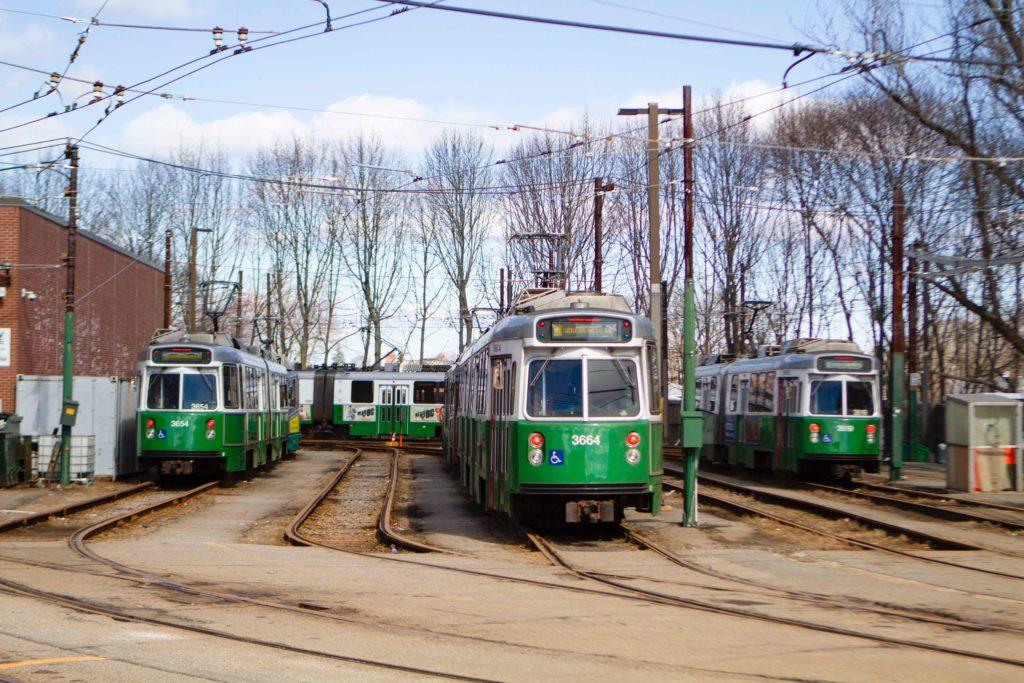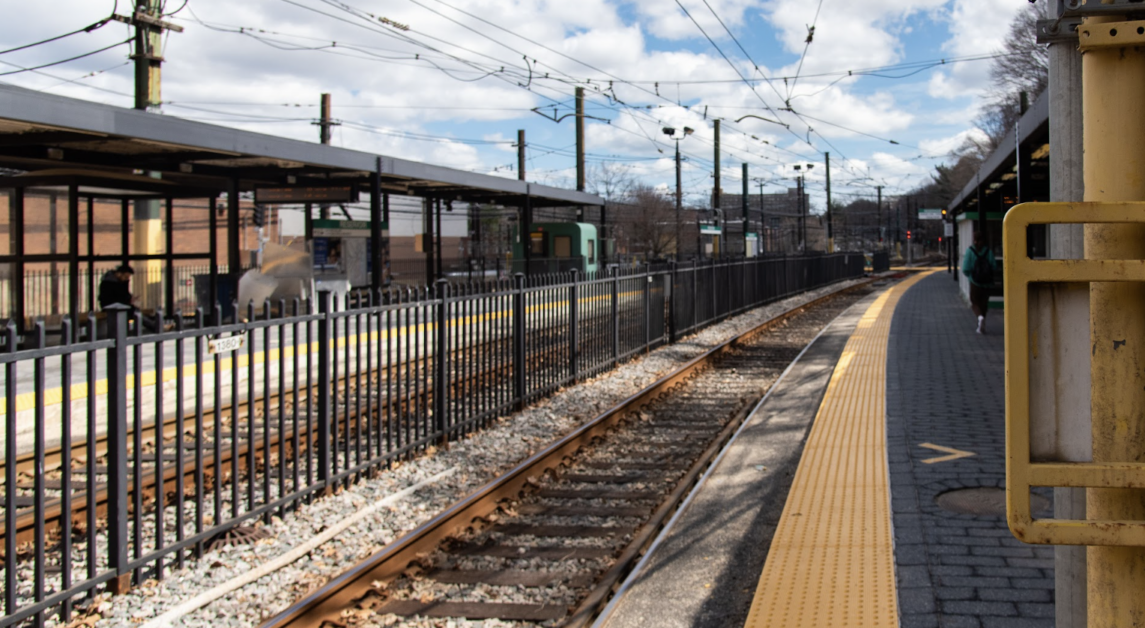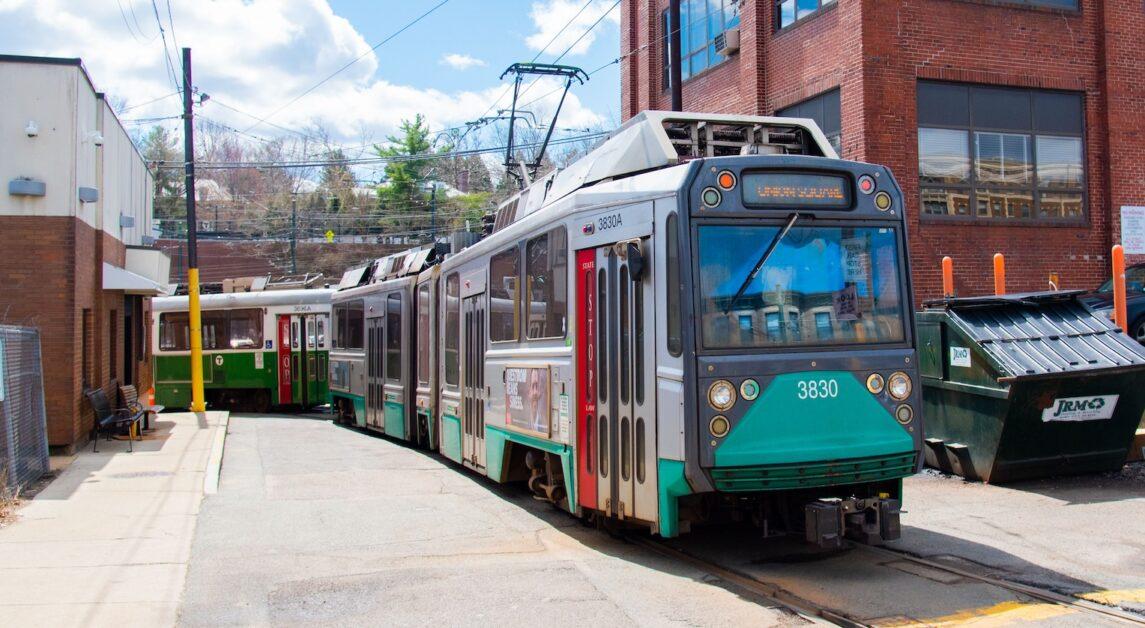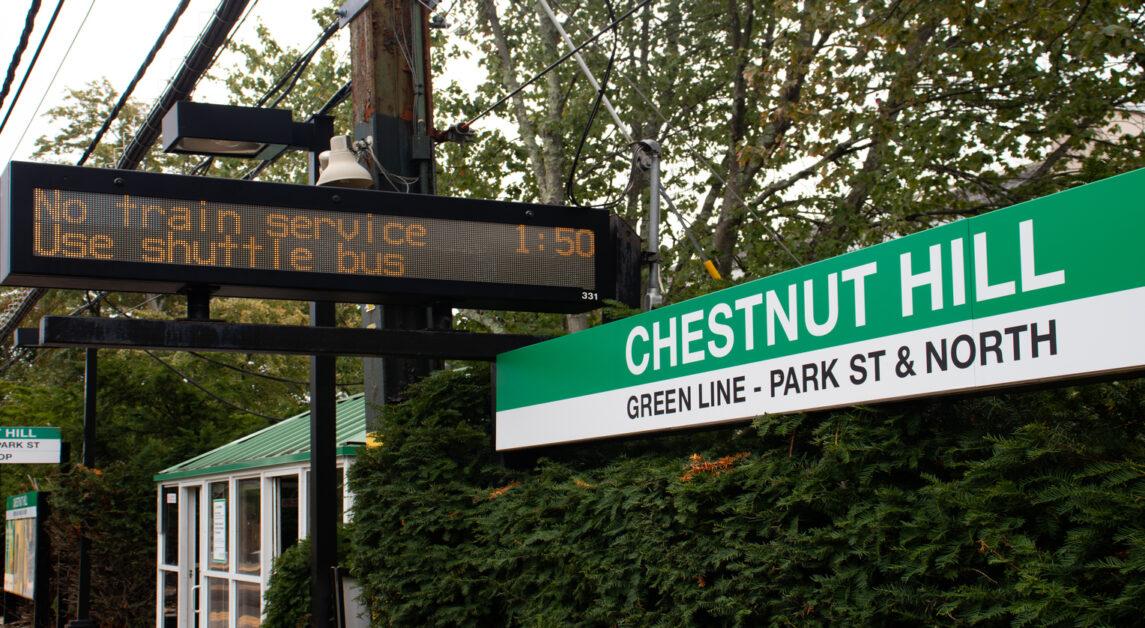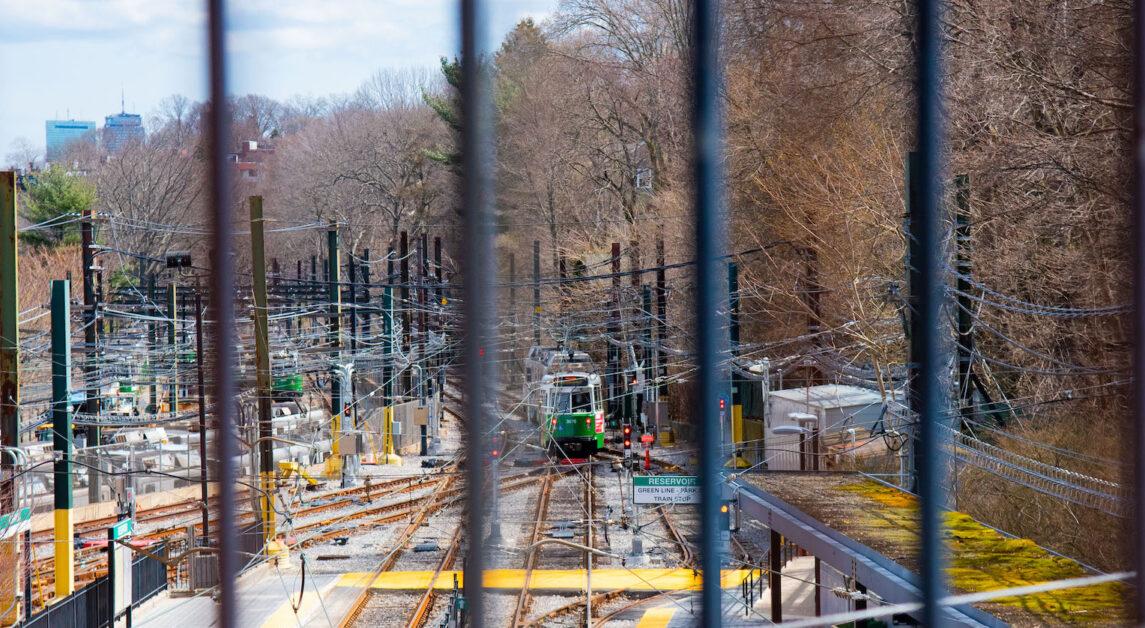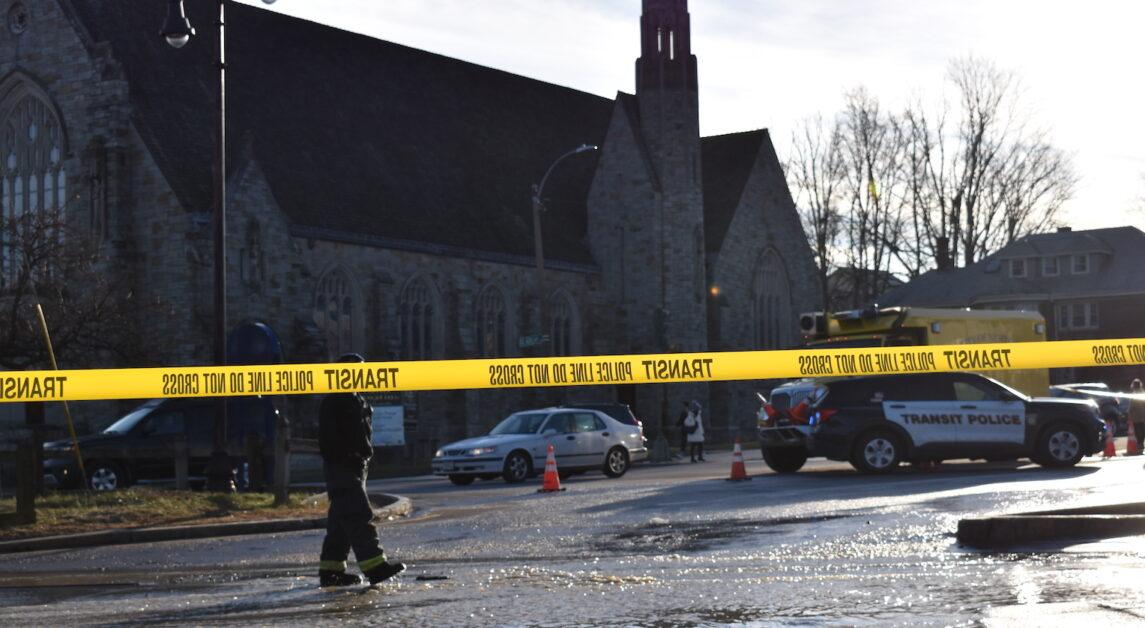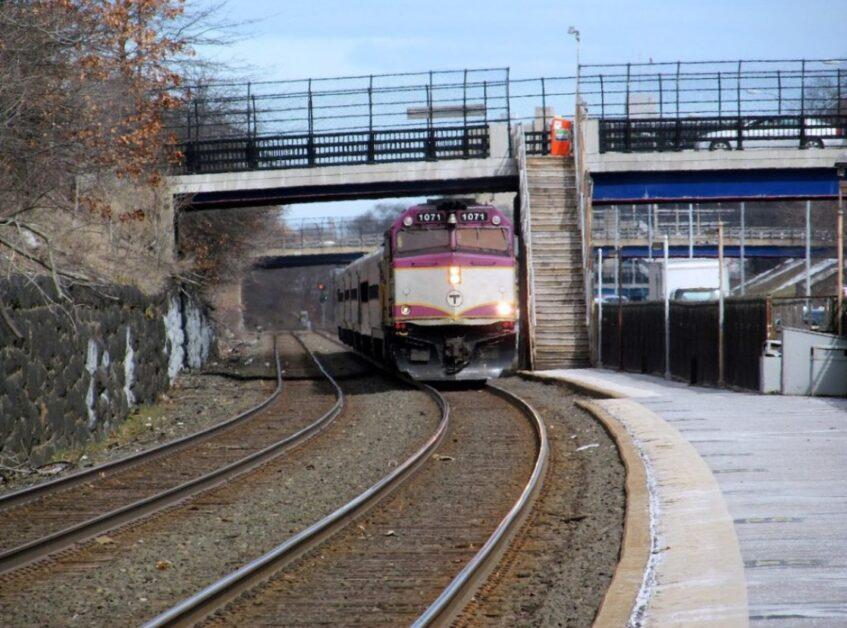In a public meeting on Monday, the Fiscal and Management Control Board (FMCB) of the Massachusetts Bay Transportation Authority (MBTA) decided to delay a vote on the Forging Ahead Initiative. The board will now hold the vote on Dec. 14.
The Forging Ahead service cuts plan to eliminate the Charlestown ferry services, cut certain bus routes, including 52 and 505 which pass through Newton, and stop commuter rail services on weekends and weekdays after 9 p.m.
Boston Mayor Marty Walsh, BC ’09, voiced his support for the decision to delay the vote on Twitter and at a press conference on Monday morning. While he acknowledged the significance of the MBTA’s budget cuts, he said that the service cuts will hurt low-income residents and they will harm the City’s ability to recover from the COVID-19 pandemic.
Walsh and the Boston City Council previously advocated for the MBTA to delay the vote and reconsider the proposed service reductions in a Dec. 2 letter addressed to Joseph Aiello, chair of the FMCB.
Massachusetts Governor Charlie Baker, however, supports the cuts, saying at a conference on Monday that spending money on an empty public transit service does not make sense.
“I think the way the T’s planning to do this, so that they will be able to reinstate service pretty easily and pretty quickly if and when riders come back, is exactly the right way to be approaching this,” Baker said.
Leading up to this meeting, the FMCB held 10 public meetings and one public hearing over Zoom for residents in different neighborhoods to present the proposed service reductions and hear feedback from the community.
“I do want to emphasize that in our planning of Forging Ahead we have focused on the essential riders, the essential populations that depend on transit, and that has informed our analysis,” said MBTA General Manager Steven Poftak at Monday’s meeting. “It has informed our initial proposal, and it continues to inform our proposal as we’ve refined it.”
At the meeting held for the Inner Core service area on Nov. 17, Newton Mayor Ruthanne Fuller spoke out against the proposed elimination of bus routes 52 and 505, both of which pass through Newton. Fuller said that the service reductions would disproportionately affect people for whom the T is an essential service, including communities of color, senior citizens, and those without cars.
At the beginning of Monday’s meeting, the MBTA played several recorded phone messages from customers and representatives from advocacy groups including the Conservation Law Foundation echoing these concerns.
“I’m a senior citizen living in the Navy Yard, and the Charlestown Ferry is a vital and safe, quick form of transportation for me to reach shopping in the North End, Boston Market, and a nice walk downtown along the Greenway,” one ferry customer said. “I love this clean, safe, quick mode of transportation. And, the tourists love it and they’ll be back.”
Other senior citizens from the Navy Yard had also previously phoned in to remark on their dependence on the ferry service, explaining that they depend on the service as their sole mode of transportation.
“I believe making cuts, or totally eliminating ferry service is very shortsided [during an] unprecedented pandemic,” said Cassy Elliot, a resident of the Charlestown Navy Yard, in a recorded phone message. “If necessary I would prefer to see cuts made and service can be maintained and continued but at a reduced rate. A lot of people have gotten rid of cars, [and] we’ve been encouraged to use public transportation.”
Staci Rubin, Senior Attorney at the Conservation Law Foundation, said that the interconnectedness of the routes within the MBTA is another serious issue for the board to consider, especially in their efforts to maintain essential routes and reduce harmful impacts of service reductions on lower-income communities.
“The MBTA claims to be prioritizing equity in its proposed service cuts, that is, to shift service from wealthier, whiter routes with fewer riders during the pandemic, to those routes that serve transit critical populations,” Rubin said. “However, the interconnectedness of the transportation system, the disparity that already exists within it, and recently a new demographic trend complicates this definition of equity.”
Rubin expressed concerns for the commuter rail cuts, saying that they will impact mainly people of color and those from low-income neighborhoods. She also brought up environmental concerns.
“As the MBTA works towards its climate resilience goals, it is imperative to make investments that will preserve the existing infrastructure and make infrastructure that is safe and reliable for years to come,” Rubin said.
Louise Baxter, a member of the T Riders Union, mentioned the T’s connective qualities. Baxter cited an opinion piece by the Boston Globe, in which the writer commented on the T’s ability to bring people together from different backgrounds and connect people throughout Boston.
“The people who continue to rely on transit during the pandemic are largely the low income communities that have been hit the hardest by COVID-19. They will most likely be frontline workers, healthcare providers, and essential workers, including the essential workers at the MBTA, whose jobs can not be done from home,” said Mike Vartabedian, assistant directing business representative of the International Association of Machinists and Aerospace Workers.
The MBTA has projected that they will have a $73 million surplus by the end of fiscal year 2022, and for this reason, the board is considering delaying some of their decisions on service reductions until then, with the intent of having slightly more financial flexibility at that time.
“I’ve asked the staff, and I would further recommend to the board, that we defer the presentation of the initial round of service reductions to the next meeting, that we continue to work with our labor stakeholders to determine how we can make the MBTA as resilient as possible, and where feasible, that we do defer certain service decisions to the FY22 budget process, again where it’s possible for us to do it and still have the timing horizon that we need,” Poftak said.
Featured Image by Maggie DiPatri / Heights Editor

